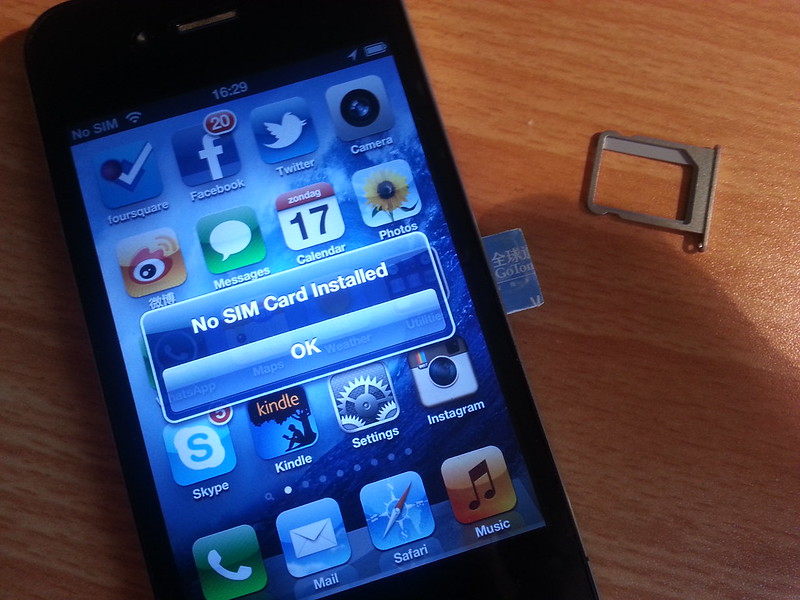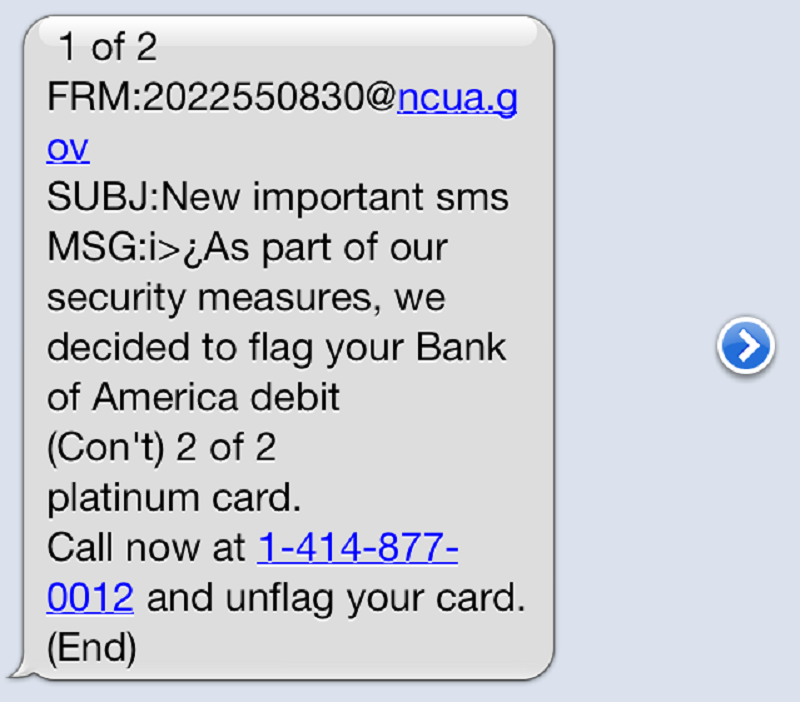 One scam that currently appears to be proliferating across the nation is the kidnapping ransom scam. This kidnapping scam starts with the potential victim receiving a call that a loved one is being held somewhere against their will. Why the reasons for this may vary, the solution is always the same: send money and your loved one will be released. This scam has become so common that the Federal Bureau of Investigation (FBI) has issued a press release alerting the public that the scam is occurring and the steps that can be taken to avoid becoming a victim of this extortion scheme. Here are some of the signs that indicate the call you are receiving is part of a kidnapping ransom scam.
One scam that currently appears to be proliferating across the nation is the kidnapping ransom scam. This kidnapping scam starts with the potential victim receiving a call that a loved one is being held somewhere against their will. Why the reasons for this may vary, the solution is always the same: send money and your loved one will be released. This scam has become so common that the Federal Bureau of Investigation (FBI) has issued a press release alerting the public that the scam is occurring and the steps that can be taken to avoid becoming a victim of this extortion scheme. Here are some of the signs that indicate the call you are receiving is part of a kidnapping ransom scam.
1. The ransom call does not come from the kidnapped person’s phone.
One of the biggest red flags that a kidnapping call is a scam is when the initial phone call revealing the kidnapping is not from the phone of the person they are claiming to be holding. These days, people carry their phones on their person like an extra appendage, so if the kidnappers have the person, they should have the person’s phone, right?
These calls often come from a number with an out-of-state or unfamiliar area code or has the number blocked so you cannot see where the call is coming from. If you receive one of these calls or a message that could potentially be part of a kidnapping scam, call the person they are claiming to be holding to see if they answer their phone.
2. They won’t let you speak to the victim of the kidnapping scam.
While AI has made it easier to duplicate someone’s voice, most scammers are not sophisticated enough with the technology to make their kidnapping scam credible. Instead, they will go to great lengths to prevent you from speaking with the person they claim to have kidnapped. They may have a voice yelling in the background or tell you that the person is in a different location. They may also try to hold you on the phone so you cannot call the supposed victim.
Fortunately, technology has made it easy for you to get in touch with loved ones without having to use a phone call. While you are on the call, send a text or a private social media message asking the person you are concerned about to call you back from their cell phone. Most phones today allow you to perform multiple actions with multiple apps while on a phone call without affecting the call at all.
3. The kidnappers will only accept payment via wire transfer.
Wire transfers have become a popular payment method with scammers because there are very few protections for getting your money back if you are the victim of a scam. Some people equate paying for something via wire transfer with paying for something with cash in terms of protections available. A personal check can be canceled by a bank, a debit/credit card company has fraud protections built in, and the scammer will not risk meeting you personally for a cash hand-off, so a wire transfer is seen as the best way for them to get your money out of state or out of the country.
If you receive one of these calls or messages, you should contact your local police department at your earliest opportunity to notify them of the incident. If scammers are targeting your area, it is important for law enforcement to know so they can alert the public and make others aware of the problem.
Have you experienced a kidnapping scam or any other type of scam? Tell us your story in the comments below.
How To Protect Your Bank Accounts From the SIM Swap Scam
What You Should Know About the Tarmac Scam
How To Deal With Text Messaging Scams

Toi Williams began her writing career in 2003 as a copywriter and editor and has authored hundreds of articles on numerous topics for a wide variety of companies. During her professional experience in the fields of Finance, Real Estate, and Law, she has obtained a broad understanding of these industries and brings this knowledge to her work as a writer.






